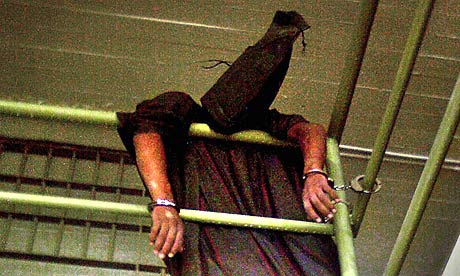Is honesty the best policy? Look at the evidence
When society rewards lying and cheating, and punishes whistleblowers, how honest are we being about our values?

Joe Darby, the US soldier who exposed the prisoner abuse at Iraq's Abu Ghraib prison, was called a traitor and taken into protective custody.
In 2004, Army Specialist Joe Darby came forward and turned over photographs of detainee abuse at the Abu Ghraib prison, sparking an investigation into what would become an iconic part of the Iraq war. As a result, Darby and his family spent months at an undisclosed location under continuous security – not because of threats from the enemy, but because of threats from his fellow Americans.
The soldier with the integrity to step up and report criminal conduct was dubbed "a borderline traitor" and "a rat", and many took shots at his patriotism. Darby said:
"People are pissed because I turned in an American soldier for abusing an Iraqi. They don't care about right and wrong."
If the merit of a policy can be measured by the extent society tends to reward compliance and penalize non-compliance, then the premise that honesty is the best policy is itself dishonest. Instead, as Joe Darby suggests, it is not so much a question of right or wrong, honesty or cheating, as it is a question of whether people hear what they want to hear and see what they want to see. In a tangible sense, it can be more rewarding to give the masses a false sense of well-being or pander to their preconceived notions than it is to be honest and potentially cause them doubt or disappointment.
In his farewell address, President George Washington said:
"I hold the maxim no less applicable to public than to private affairs, that honesty is always the best policy."
Maybe, some day, Washington will be right, but today, he is not
No comments:
Post a Comment